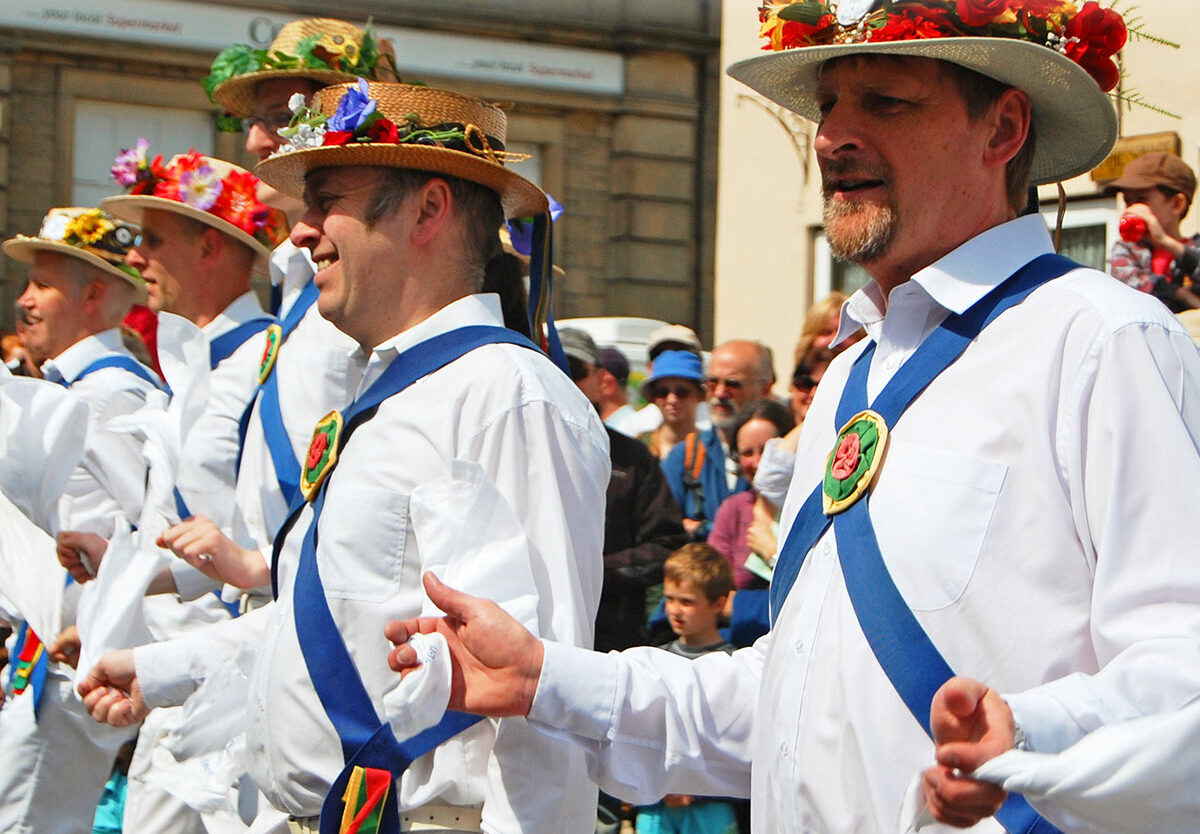
Ever wondered why Early May Bank Holiday, falling on May 6th, feels like a breath of fresh air? It's a day steeped in history and tradition, marking the start of spring with a host of celebrations across the country. From maypole dancing to crowning May Queens, this holiday has something for everyone. But, hey, there's more to it than just fun and games. Did you know this day also has roots in ancient festivals and workers' rights movements? Yep, it's not just a day off but a blend of cultural richness and historical significance. So, grab your calendar, and let's mark down May 6th. Ready to dive into a springtime adventure filled with fascinating facts about Early May Bank Holiday? Let's jump right in and uncover the layers of tradition and history that make this day a highlight of the spring season!
Key Takeaways:
- Early May Bank Holiday in the UK has ancient roots in celebrating spring and workers' rights, with traditions like maypole dancing and the crowning of the May Queen.
- The holiday fosters community spirit, honors workers, and supports local economies, blending ancient traditions with modern celebrations for generations to come.
What is Early May Bank Holiday?
Early May Bank Holiday, also known as May Day in some cultures, is a public holiday in the United Kingdom that falls on the first Monday of May. This day marks the start of spring and is often associated with celebrating the season's new life and fertility. Traditionally, it's a day of festivities including maypole dancing, singing, and the crowning of the May Queen.
Origins of Early May Bank Holiday
-
The origins of Early May Bank Holiday can be traced back to ancient pagan festivals celebrating spring, particularly the festival of Beltane, which marked the halfway point between the spring equinox and the summer solstice. During Beltane, it was customary to light fires to symbolize the return of life and fertility to the land.
-
In the late 19th century, May Day took on a new significance as it became associated with workers' rights and the labor movement. The first Monday of May was chosen as International Workers' Day by the Second International, an organization of socialist and labor parties, in 1889 to commemorate the Haymarket affair in Chicago.
How is Early May Bank Holiday Celebrated?
-
Celebrations vary widely across the UK, with many towns and villages hosting their own unique events. Common traditions include maypole dancing, where dancers weave ribbons around a pole, and Morris dancing, a form of English folk dance accompanied by music.
-
Another popular event is the crowning of the May Queen, a girl selected to ride or walk at the front of a parade symbolizing purity and the coming of spring.
-
In some regions, people participate in "Jack in the Green" processions, where individuals dress in costumes covered in foliage to represent the green man, a figure from folklore symbolizing nature and rebirth.
Modern Celebrations and Controversies
-
Today, Early May Bank Holiday is seen by many as an opportunity to enjoy a long weekend away from work, with family outings, community events, and street parties being common.
-
However, there have been debates about moving the Early May Bank Holiday to a different date to extend the tourist season or to commemorate significant historical events. For instance, in 2020, the bank holiday was moved to Friday, May 8th to coincide with the 75th anniversary of VE Day, marking the end of World War II in Europe.
Impact on Society and Culture
-
The Early May Bank Holiday serves as a reminder of the UK's rich cultural heritage, blending ancient traditions with modern celebrations. It's a day that fosters community spirit and national pride.
-
For workers, it's a much-needed break that highlights the historical struggles and achievements of the labor movement, reinforcing the value of workers' rights and solidarity.
-
In rural areas, the holiday supports local economies by attracting tourists interested in experiencing traditional British culture, from folk dances to historical reenactments.
Future of Early May Bank Holiday
-
As society evolves, so do the ways in which we celebrate Early May Bank Holiday. Innovations in how we mark the occasion reflect changing attitudes towards work, leisure, and community.
-
Despite potential changes to its date or the way it's celebrated, the essence of Early May Bank Holiday as a time to welcome spring, honor workers, and enjoy community festivities is likely to remain a cherished part of British life for generations to come.
A Final Look at Early May Bank Holiday
Early May Bank Holiday, celebrated on May 6th, marks a time for relaxation, joy, and community gatherings across the UK. Originating as a way to honor the coming of spring, this day has evolved into a cherished break, offering everyone a chance to unwind and enjoy the warmer weather. From traditional Maypole dances to modern-day festivals, activities on this day are as diverse as the people who celebrate them. It's a reminder of the rich cultural tapestry that makes up the British Isles, providing a perfect blend of historical traditions and contemporary celebrations. So, whether you're dancing around a Maypole, attending a local festival, or simply enjoying a quiet day off, Early May Bank Holiday serves as a wonderful opportunity to pause, reflect, and revel in the beauty of spring.
Frequently Asked Questions
Was this page helpful?
Our commitment to delivering trustworthy and engaging content is at the heart of what we do. Each fact on our site is contributed by real users like you, bringing a wealth of diverse insights and information. To ensure the highest standards of accuracy and reliability, our dedicated editors meticulously review each submission. This process guarantees that the facts we share are not only fascinating but also credible. Trust in our commitment to quality and authenticity as you explore and learn with us.


